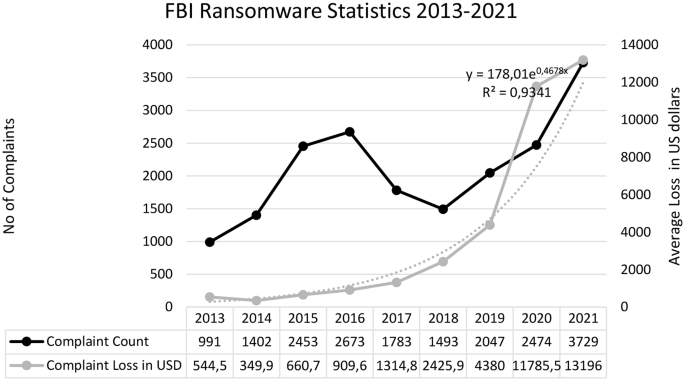食品供应链中的勒索软件威胁:对食品防御的挑战
IF 1.9
3区 社会学
Q1 CRIMINOLOGY & PENOLOGY
引用次数: 0
摘要
在食品行业,近年来对食品防御策略需求的认识水平加快了,特别是减轻了勒索软件的威胁。在2019冠状病毒病大流行期间,利用勒索软件对食品行业进行了多次高调的有组织的食品防御攻击,引发了人们对该行业易受网络攻击程度的迫切质疑。本文通过当代勒索软件攻击的视角探讨食品防御,以便在组织和行业层面构建有效的勒索软件防御策略。食品防御战略历来侧重于敲诈勒索和破坏威胁,但往往是物理攻击,而不是与网络有关的攻击。食品供应链的全球化、数字化和一体化可能会增加对勒索软件的脆弱性。勒索软件是有组织的食品防御威胁的一个例子,它可以实施勒索和破坏,但肇事者是远程的,不可见的,通常是匿名的。组织需要采用有效的食品防御策略,以降低勒索软件攻击的风险,并在事件发生时能够采取有针对性的快速行动。政府和私营部门之间需要进一步合作,以建立有效的治理结构,应对勒索软件攻击的风险。本文的新颖之处在于从食品部门和食品防御策略的角度分析勒索软件攻击问题。这项研究可能会引起学术界、政策制定者和业内人士的兴趣。本文章由计算机程序翻译,如有差异,请以英文原文为准。

The threat of ransomware in the food supply chain: a challenge for food defence
Abstract In the food industry, the level of awareness of the need for food defence strategies has accelerated in recent years, in particular, mitigating the threat of ransomware. During the Covid-19 pandemic there were a number of high-profile organised food defence attacks on the food industry using ransomware, leading to imperative questions over the extent of the sector’s vulnerability to cyber-attack. This paper explores food defence through the lens of contemporary ransomware attacks in order to frame the need for an effective ransomware defence strategy at organisational and industry level. Food defence strategies have historically focused on extortion and sabotage as threats, but often in terms of physical rather than cyber-related attacks. The globalisation, digitalisation and integration of food supply chains can increase the level of vulnerability to ransomware. Ransomware is an example of an organised food defence threat that can operationalise both extortion and sabotage, but the perpetrators are remote, non-visible and often anonymous. Organisations need to adopt an effective food defence strategy that reduces the risk of a ransomware attack and can enable targeted and swift action in the event an incident occurs. Further collaboration between government and the private sector is needed for the development of effective governance structures addressing the risk of ransomware attacks. The novelty of this article lies in analysing the issue of ransomware attacks from the perspective of the food sector and food defence strategy. This study is of potential interest to academics, policy makers and those working in the industry.
求助全文
通过发布文献求助,成功后即可免费获取论文全文。
去求助
来源期刊

Trends in Organized Crime
CRIMINOLOGY & PENOLOGY-
CiteScore
5.10
自引率
11.80%
发文量
26
期刊介绍:
Trends in Organized Crime offers a composite of analyses and syntheses from a variety of information sources to serve the interests of both practitioners and policy makers, as well as the academic community. It is both a stimulus to and a forum for more rigorous empirical research on organized crime.
Trends in Organized Crime publishes peer-reviewed, original research articles and excerpts from significant governmental reports. It also offers reviews of major new books and presents analyses and commentary on current issues in organized crime.
Trends in Organized Crime is published in association with the International Association for the Study of Organized Crime (IASOC). For more information on IASOC please visit http://www.iasoc.net/
 求助内容:
求助内容: 应助结果提醒方式:
应助结果提醒方式:


